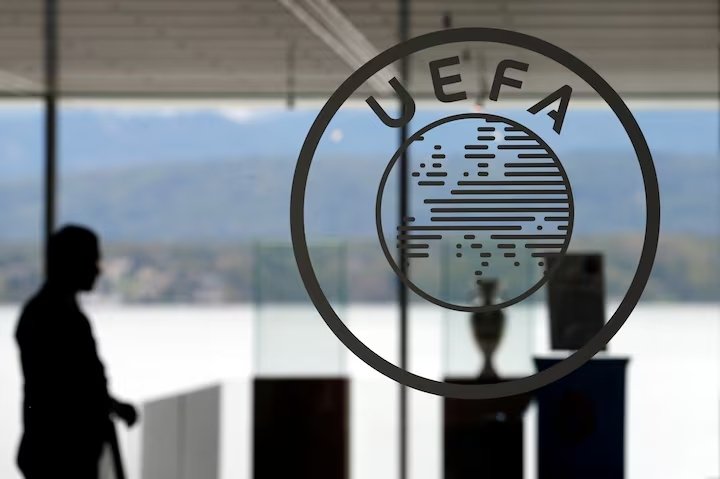Copyright dailytimes

Published on: September 27, 2025 11:42 AM Türkiye has become the first UEFA member nation to formally demand Israel’s suspension from all football competitions over its ongoing war on Gaza, just months before the 2026 FIFA World Cup qualifiers reach their climax. Turkish Football Federation President Ibrahim Haciosmanoglu, in a letter to FIFA and UEFA, urged immediate action, stating that the sporting world had “remained silent for far too long” despite claiming to stand for peace and civic values. He described Israel’s actions in Gaza as “completely inhumane and unacceptable.” UEFA’s 20-member ruling committee is reportedly moving toward a vote that could see Israel excluded from games. A majority decision would align with growing criticism of what many view as a double standard, since Russia was swiftly banned in 2022 over its invasion of Ukraine, while Israel has faced no sporting sanctions. Adding to the pressure, a coalition of 48 professional athletes under the banner of Athletes 4 Peace, including France’s Paul Pogba and England cricketer Moeen Ali, called on UEFA to suspend Israel. Their statement condemned the killing of civilians and highlighted the recent death of Palestinian football legend Suleiman al-Obeid, who was reportedly killed while waiting for humanitarian aid in Gaza. Israel, expelled from the Asian Football Confederation in the 1970s and admitted into UEFA in 1994, has qualified for only one men’s World Cup — in 1970. Its men’s team is currently in the middle of World Cup qualification matches. The United States has already voiced opposition to any suspension effort, with the State Department vowing to block attempts to ban Israel from the World Cup. While UEFA can suspend Israel from its competitions, it cannot stop participation in FIFA-run qualifiers. FIFA President Gianni Infantino, who has close ties with former US President Donald Trump, is seen as unlikely to support a suspension when FIFA’s ruling council meets next Thursday in Zurich. The growing calls from both national federations and international athletes, however, signal a mounting challenge for football’s governing bodies, which face rising demands to uphold the same standards of justice and accountability applied to other nations.



